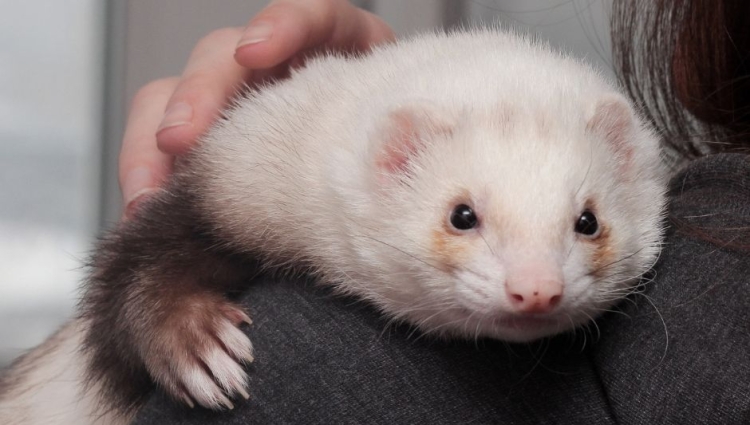
Ferret Pet Insurance is a type of pet insurance that covers the health of your ferret.
Ferrets are long, silky, playful, and affectionate creatures. They can keep you entertained for hours.
They can also give you a headache as you try to pay for the vet expenses you forgot about when you bought that amazingly cute ferret with the wonderfully pointed face at the local pet store on the spur of the moment.
Each year equals ten human years, hence the average lifespan is 7–10 years. A healthy ferret's body temperature ranges from 100 to 104 degrees, with the majority of them hovering around 101.9 degrees. The typical ferret's heart rate is around 225 beats per minute, however it can vary between 180 and 250 beats per minute. Ferrets breathe at a pace of 33-36 breaths per minute on average. It's critical to learn about your pet's personality. The more you know your ferret's personality, the faster you'll be able to spot any potential health problems.
The first thing you may discover about your pet ferret is that it not only craves your undivided attention, but it can also get the virus you had a few days before. One of the characteristics that distinguishes ferrets from cats and dogs is their capacity to catch infections from their human owners (cats and dogs can not catch the flu from humans). Hopefully, now that you know what to look for, you'll be able to take your pet ferret to the veterinarian (preferably one who specialises in ferrets) before it starts to display flu-like symptoms. Ferrets are tough animals while they are healthy, but if they become ill, they can quickly deteriorate. It is vital that your veterinarian examines and treats your pet as quickly as possible.
Young ferrets are frequently given hard food before they are ready. Your new pet may get a prolapsed rectum as a result of eating hard food (the rectum is on the outside of the body instead of the inside). Surprisingly, your local veterinarian isn't usually required to view this. After a few days, the rectum usually returns to its original position. To assist keep the exposed rectum wet, smear a small bit of Preparation-H over it and keep an eye on it. Keep in mind that pink is a good colour. It's healthy as long as the prolapsed rectum's flesh is a pleasant, healthy-looking rosy pink. Take your pet ferret to the vet for a consultation if the healthy pink colour starts to disappear.
Insulinoma, tumours, heart illness, intestinal disorders, and liver, intestine, and spleen difficulties are among the diseases and cancers that affect ferrets. Many pet ferrets suffer from a variety of problems at the same time. Most ferret ailments will necessitate veterinarian treatment, which will almost always include surgery.
If you're worried about being inundated with a never-ending stream of pricey veterinarian bills that you won't be able to pay, animal health insurance for your pet ferret might be a good idea.



 And then Add to Home Screen.
And then Add to Home Screen.